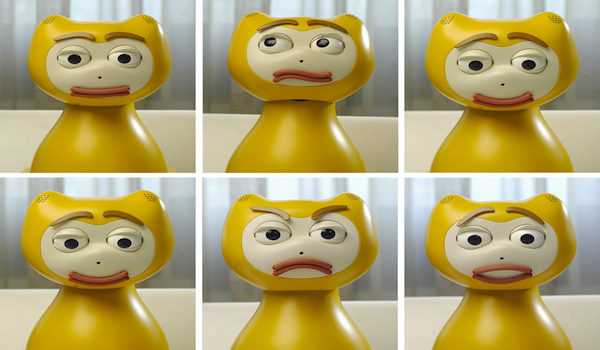
Personal response encapsulates the absolutely sensible and sound notion that you should not just analyse intellectually but also respond emotionally to texts. Sadly, however, this then morphed into the somewhat happy-clappy notion that you should be ready, willing and able to explicitly relive these emotions when writing about them months (or sometimes years!) later. This is a bit silly really, imho, because when the initial emotional response to any event, good or bad, is over, what we’re left with is the opportunity to analyse it logically and try to figure out what it all meant.
Who was it that said “the unexamined life is not worth living” ? I think it was Plato. Well, to my mind, the unexamined text – be it a poem, a play, a novel or a film – remains a wonderful, oftentimes deeply emotional experience, but without the intellectual rigour of analysis, it remains an opportunity lost for deeper understanding of who we are and how we live our lives as human beings.
By the by, I think ‘personal response’ was an attempt to convince teachers and students alike that how you feel as well as what you think when you encounter a story matters (and it does!). I think it was an attempt to encourage independent thought, originality and debate in classrooms instead of the ‘sage on the stage, top-down, sit in your seats & bow before my superior wisdom’ approach which (we are told) dominated (still dominates?) so many classrooms. I’m not convinced demanding personal response necessarily achieves this but it’s a worthy aim nonetheless. Finally, I think ‘personal response’ was a way of giving two fingers to the grinds schools and the revision books industry who were pumping out generic passive voice academic content for students to learn off so they could ‘fake’ understanding of their texts.
But whatever the intention, the plan soon backfired and the problem soon emerged, particularly in the studied poetry section, that students were basically learning off ONE pre-written personal response essay on each poet. These were essays which they may or may not have written themselves – oh the joys of having an older brother or cousin or sister who could pass their essays down through the generations, like family heirlooms to be treasured and polished and re-used ad-infinitum! If they didn’t have the good fortune to get said essays from family members they could get them at revision courses or in books or, best of all, they could learn off their TEACHER’s personal response and pass that off as their own (sure weren’t you only doing justice to the ecstasies of enraptured joy and pain and suffering your poor old teacher went through every time he read “The Love Song of J. Alfred Prufrock”? Sure you could never respond with such passion and despair and, God help him, that level of personal response deserves an audience and sure he can’t sit the exam again, he’s surely pushing fifty at this stage and a fifty year old man sitting the Leaving Cert English exam – for the fifth time – just for the craic – is just downright sad).
Personal response became shorthand for knowing exactly what would come up on the exam and therefore not having to do any critical thinking on the day, but rather a rote learn and regurgitate exercise that everyone was pretty happy with thank you very much. Until some genius in the State Exams Commission realised that the whole thing had somehow turned into a dumbed down touchy feely personal response nightmare that was encouraging students to fake personal engagement but which was – in most cases – letting them off the hook of having to actually think for themselves in the exam.
So then it all changed again, around 2010, and the airy-fairy personal response questions started to disappear off the exam papers and more demanding, much more focused and academically rigorous questions reappeared.
And that’s where we’re at now.
If the question demands a personal response, get in there, get stuck in, show that you have opinions and you’re not afraid to express them and they belong to you – I I I all the way captain! But remember that close analysis of the text, using a sophisticated vocabulary, is always required for Honours Leaving Cert English. And above all else, at all times, ensure that everything you say is responding directly to the question you were asked.





